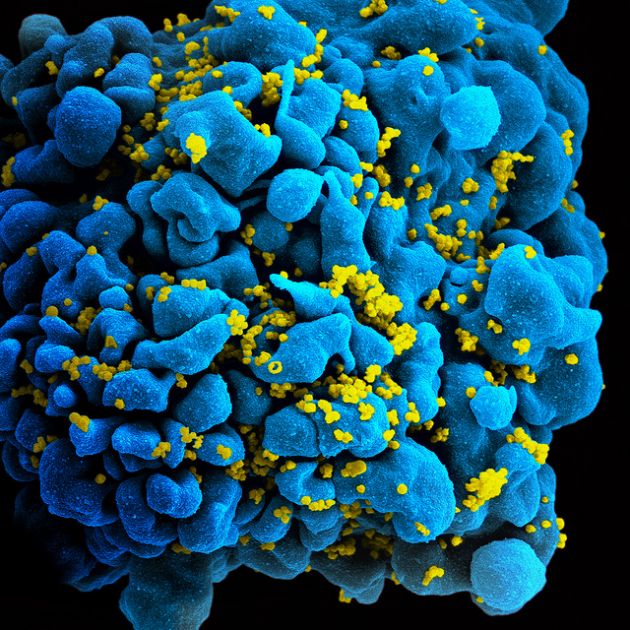HIV and AIDS cure news: Gene-editing technique could cure HIV permanently?

Using the CRISPR/Cas9 gene editing method, scientists were able to stop HIV replication permanently. They did this by editing HIV out of the DNA OF human immune cell.
The CRISPR/Cas9 gene editing technique allows scientists to rewrite genetic code, which further leads them to cure genetic diseases such as HIV. This technique works by guiding scissor-like proteins to target specific gene. Scientists will then cut-and-paste parts of the DNA to tweak its function. This means that defective versions of a gene can now be swapped out for a healthier one.
CRISPR is that specific repeating sequence of the DNA extracted from a single-celled organism, also called prokaryote, which pairs up with Cas9, an RNA-guided enzyme.
Researchers from Temple University used this technique to successfully eliminate HIV-1 DNA from T cell genomes in human lab cultures. They then exposed these cells to the virus, and they found out they were no longer affected by reinfection.
"Antiretroviral drugs are very good at controlling HIV infection. But patients on antiretroviral therapy who stop taking the drugs suffer a rapid rebound in HIV replication," said lead researcher Kamel Khalili as Temple Health reported
Gene-editing techniques for HIV had gone to trials before. However, this is the first time that further infections were prevented.
Khalili said that the findings are important. "They demonstrate the effectiveness of our gene editing system in eliminating HIV from the DNA of CD4 T-cells and, by introducing mutations into the viral genome, permanently inactivating its replication," he explained.
"They show that the system can protect cells from reinfection and that the technology is safe for the cells, with no toxic effects," he added.
While there is still work to be done to get the technique from human cells in the lab to real human trials, this is the first step in finally getting a permanent cure for HIV.
The results have been published in Scientific Reports.